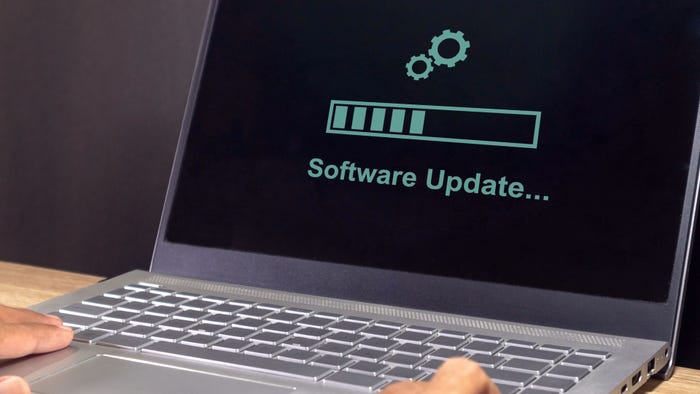Teaming Up To Take Down Threats
Security professionals are leery of one-way public-private partnerships, but Operation Ghost Click shows that the model is necessary to take on international threats

Policy makers and government officials have used the term "public-private partnerships" as a way to fight online threats so frequently that it has become code for doing nothing. Yet the recently announced Operation Ghost Click shows that such teamwork is necessary to take on cybercriminals and more advanced threats online.
On Wednesday, the FBI announced a massive investigation in conjunction with international law enforcement agencies, private industry, and nongovernment organizations, which led to the charging of seven Estonian and Russian citizens for a widespread click fraud scheme that had infected more than 4 million computers and netted the group more than $14 million.
The group, operating under various corporate names including Rove Digital, allegedly infected victims' computers with DNSChanger -- malware that changed the systems' domain-name servers, redirecting requests for Web site addresses through a network of criminal-controlled hosts. For four years, the group allegedly used the malware and servers to create false advertising clicks to businesses that paid affiliate fees, defrauding the firms. The Estonian police arrested the six Estonian nationals on Tuesday, while the sole Russian suspect remained at large.
"With the flip of a switch, the FBI and our partners dismantled the Rove criminal enterprise," said Janice K. Fedarcyk, the FBI's Assistant Director-in-Charge, in a statement. "Thanks to the collective effort across the U.S. and in Estonia, six leaders of the criminal enterprise have been arrested and numerous servers operated by the criminal organization have been disabled."
The scheme required massive cooperation to investigate and track the people perpetrating the fraud. The FBI worked with the Estonian Police and Border Guard, the Dutch National Police, and NASA's Office of the Inspector General. In the private sector, the law enforcement agency relied on resources at Georgia Tech University, the Internet Systems Consortium, security firm Mandiant, anti-spam group Spamhaus, security intelligence firm Team Cymru, antivirus company Trend Micro, the University of Alabama at Birmingham, and members of an ad hoc group of subject matter experts known as the DNS Changer Working Group.
The FBI even sought a partner to help manage the remediation efforts. Merely taking down the fraudulent DNS network's control servers would have likely resulted in the infected computers being cut off from the Internet until a knowledgeable person reset the computer's lists of DNS hosts. In this case, the rogue DNS servers were replaced by legitimate ones run by the Internet Systems Consortium, the nonprofit company that develops the widely used BIND domain-name system software.
Without such cooperation, the criminals and agents behind online crime and intellectual property attacks could not be investigated or prosecuted, says Phyllis Schneck, chief technology officer for public sector at McAfee.
"This is what happens when the good guys make it work," Schneck says. "This is what happens when several companies can get together with nonprofits and work together with law enforcement to go across corporate boundaries and across international boundaries. This was exceedingly well-orchestrated."
Without the limitation of legal and national boundaries, and frequently better at sharing information, online adversaries are typically much more agile than the defenders, and that's a key issue such partnerships need to address, says Schneck.
Without better cooperation and better information sharing, cybercriminals and espionage agents will continue to win, says Steve Santorelli, director of global outreach at Team Cymru and an ex-Scotland Yard detective. The FBI's successful cooperative effort is an excellent example of how to proceed, he says.
"It is a model for the future," Santorelli says. "Law enforcement has realized they can't do it on their own. And industry has realized that they can't do it on its own."
Have a comment on this story? Please click "Discuss" below. If you'd like to contact Dark Reading's editors directly, send us a message.
Read more about:
2011About the Author
You May Also Like



_Daniren_Alamy.jpg?width=700&auto=webp&quality=80&disable=upscale)
